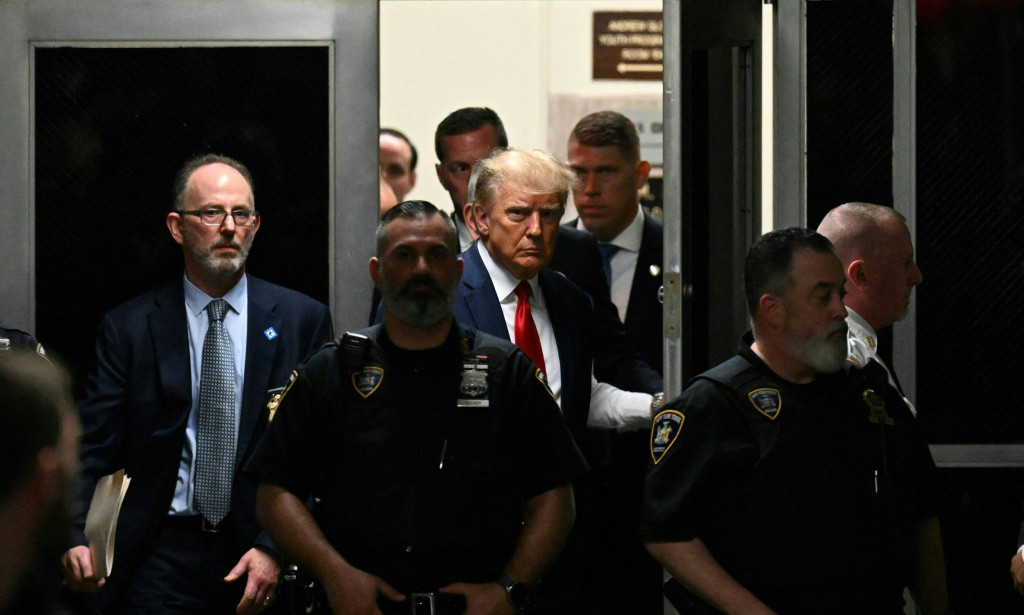The recent charges against former United States President Donald Trump by the New York Attorney General and Manhattan grand jury have caused a stir in the political and media spheres. Many people have been asking how strong the case against Trump actually is, and whether he is likely to be convicted. In this article, we will explore several aspects of the case to try and get a better understanding of its strength.

Firstly, the charges against Trump relate to allegations of financial fraud and deceptive practices, which are complex and difficult to prove. The case largely hinges on whether sufficient evidence can be presented to demonstrate that Trump knowingly engaged in fraudulent activities. This is likely to be a central challenge for prosecutors, as it is often difficult to prove mens rea, or criminal intent.

Secondly, previous cases against Trump that have relied on financial malfeasance have largely failed to result in convictions. For example, the investigations into the Trump Foundation and Trump University ultimately did not result in charges being laid against the former president. This track record could suggest that the New York case will similarly struggle to secure a conviction.
Thirdly, Trump has significant financial resources and a well-resourced legal team. This means that he is likely to be able to mount a vigorous defense against the charges. In addition, Trump has a history of aggressively fighting legal battles, and is unlikely to back down without a fight. This could make the case against him long and drawn out, and could increase the chances of an eventual acquittal.
Fourthly, the recent charges against Trump come at a time when he is still a prominent and polarizing figure in American politics. This has led to speculation that the charges may be politically motivated or biased, and that they are part of a wider campaign to undermine Trump's reputation and popularity. Although there is no concrete evidence to support these claims at present, they could have an impact on the case's perceived legitimacy and credibility.
Fifthly, the role of the Manhattan grand jury in the case is significant. Grand juries are often viewed as rubber stamps for prosecutors, and can sometimes be criticized for lacking independence or impartiality. Some critics have suggested that the grand jury indictment against Trump was politically motivated or influenced by external factors. This could add another layer of complexity to the case, and could make it more difficult for prosecutors to secure a conviction.
Sixthly, it is important to note that the outcome of the case against Trump is far from certain. Prosecutors may be confident of securing a conviction, but there are many factors that could come into play during the trial.



You must be logged in to post a comment.